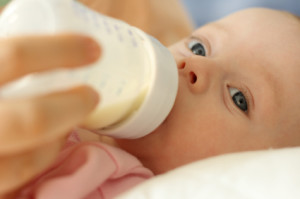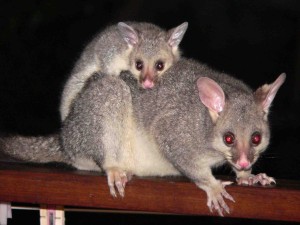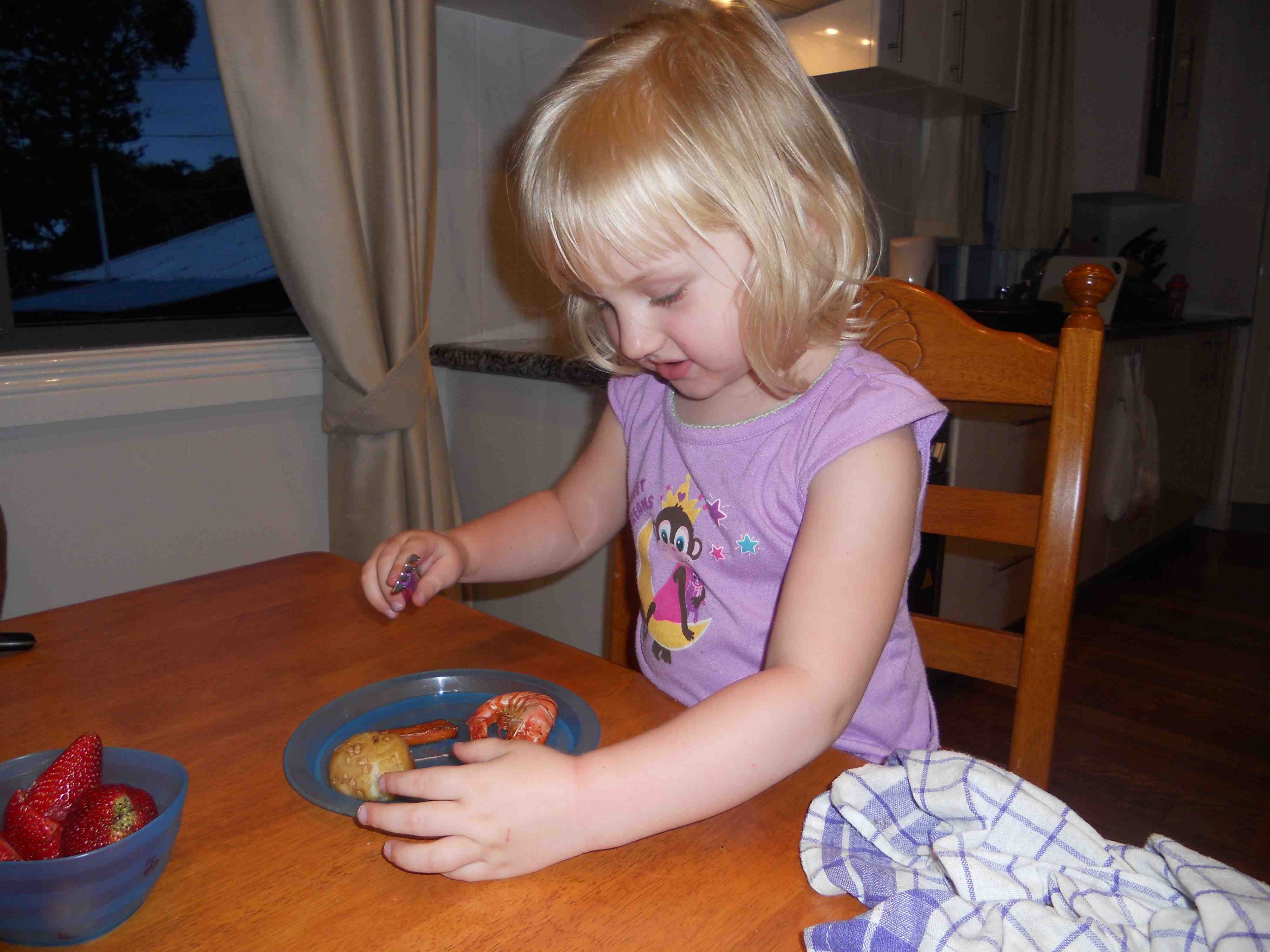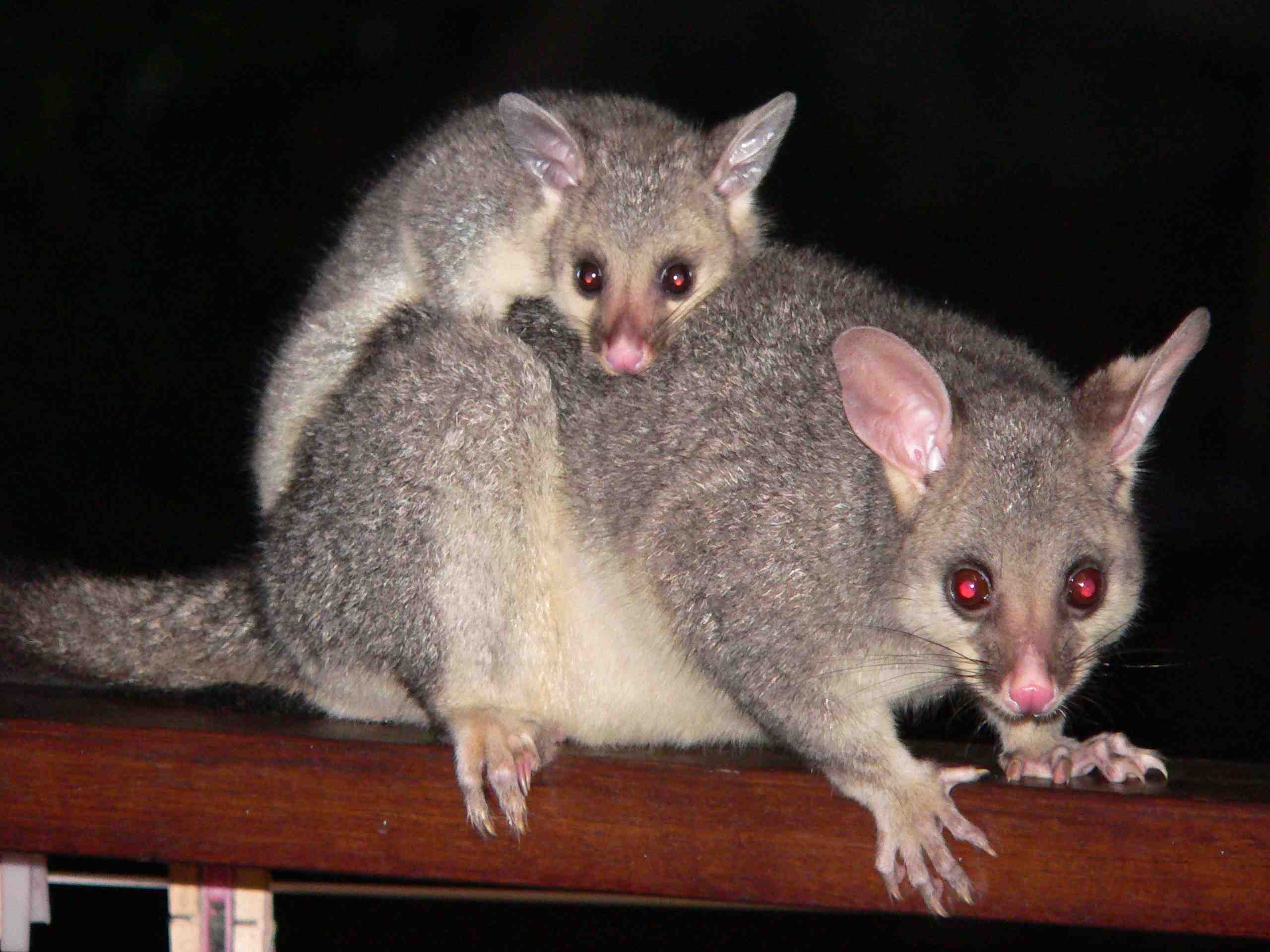A blackmail threat to poison baby formula is a form of “eco-terrorism” says New Zealand’s prime minister John Key.
 New Zealand police are currently investigating blackmail threats made against dairy processor Fonterra.
New Zealand police are currently investigating blackmail threats made against dairy processor Fonterra.
The threats were made as part of a campaign to stop the use of agricultural pesticide 1080 in New Zealand.
New Zealand police said that anonymous letters were received by Federated Farmers and Fonterra in November 2014, accompanied by small packages of milk powder, which subsequently tested positive for the presence of a concentrated form of 1080.
The letters threatened to contaminate infant and other formula with 1080 (sodium monoflouroacetate) unless New Zealand stopped using it for pest control by the end of March 2015.
“We have tested just over 40,000 raw milk and product samples and we have had no 1080 detections,” said a statement from the NZ Ministry for Primary Industries.
Asked how he would characterise the threat, Mr Key replied: “It’s a form of eco-terrorism without doubt.
Authorities warned parents to examine packaging for signs of tampering and supermarkets removed formula cans from shelves to storerooms so shoppers could not access them directly.
 Deputy Commissioner of National Operations with NZ Police, Mike Clement, said the threat may be a hoax, but must be treated seriously.
Deputy Commissioner of National Operations with NZ Police, Mike Clement, said the threat may be a hoax, but must be treated seriously.
He said no further letters had been received after the initial batch and the matter was being treated as blackmail rather than terrorism.
President of New Zealand’s peak farming body, Federated Farmers of New Zealand (FFNZ), William Rolleston, said he was confident security measures at the country’s milk processing plants were rigorous.
“I would say that it would probably be easier to break out of prison, than to break into one of these factories and do anything, the security is pretty tight.” Dr Rolleston said.
He said he believed his organisation was targeted by the anonymous letter writer due to their support for the use of 1080 to control possum populations.
“Unlike you guys in Australia who protect your possums, they are not a welcome visitor here I’m afraid.
“We do endorse the use of 1080, it’s a highly effective and safe product when used properly and it’s biodegradable, so it breaks down in the environment very quickly, it doesn’t have an impact on our native species, so it’s a very good toxin to use for dealing with what is a major issue for New Zealand.”
The New Zealand government has additional information at http://www.foodprotection.govt.nz/
 Goat, rabbit, hare, kangaroo, wallaby and bird are currently listed as game in the state, provided the animals have not been confined or farmed in any way.
Goat, rabbit, hare, kangaroo, wallaby and bird are currently listed as game in the state, provided the animals have not been confined or farmed in any way.





.jpeg) Maybe Keith was playing possum.
Maybe Keith was playing possum..jpg)
 Windows and doors are usually kept open to capture summer breezes, but closed as the nocturnal wildlife emerges at dusk.
Windows and doors are usually kept open to capture summer breezes, but closed as the nocturnal wildlife emerges at dusk..jpg)
.jpg) But they’re so cute.
But they’re so cute.